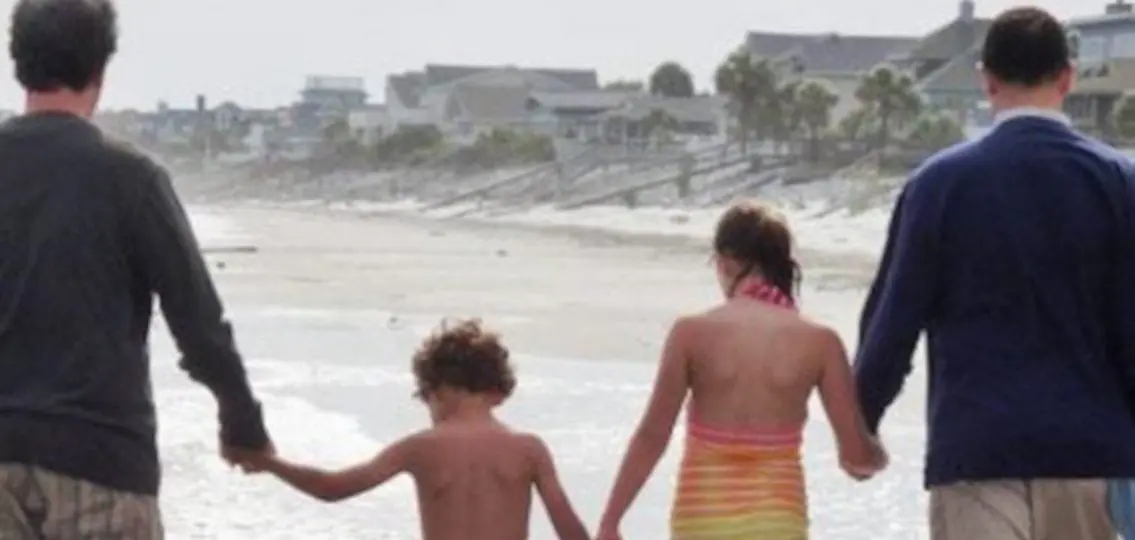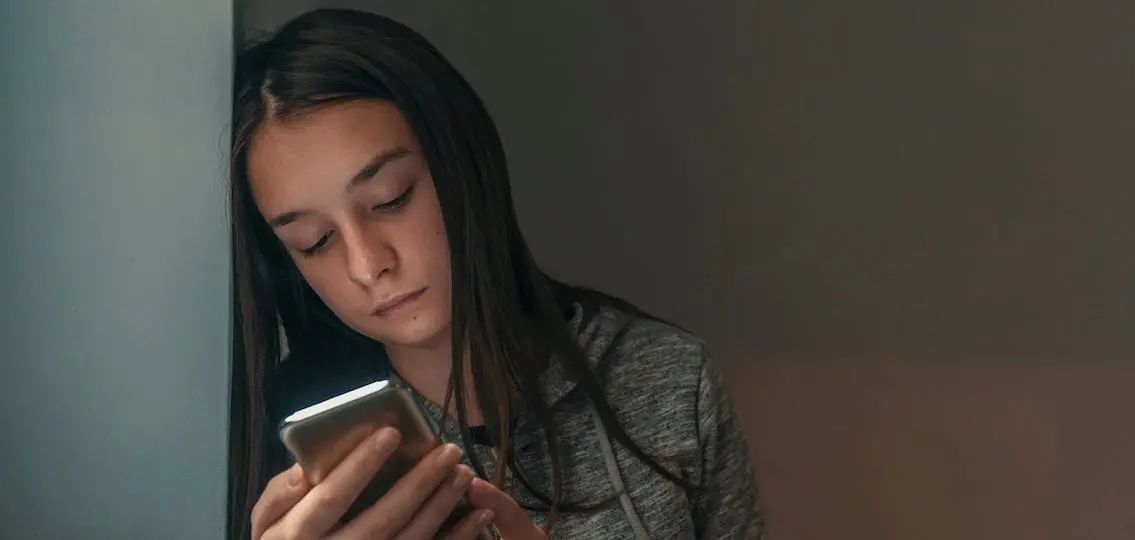At first glance, it seems like it’s easier to be a teenager nowadays. After all, kids with many different identities can now feel a sense of belonging. However, social media presents new challenges for teens wanting to fit in with their peers.

The two sides of the social media coin are equally shiny.
Our children have access to amazing things online with just a few clicks—support, friendship, resources, and information. And our creatives can show off their photography and wordsmithing. Everyone has a voice online, which absolutely means something to our introverts, our slow-to-warm children, and our activists.
But two not-so-shiny things that teens can experience online are cyberbullying and the relentless pressure to present a perfect life. I call this second one “Greener Grass Perception.”
One of the most useful digital skills parents can teach teens is how to focus on what we can control—and what we can control is how much meaning we give to others’ posts and to their reactions to our posts.
Fact: When we look at others’ social media feeds, we’re looking at their highlight reels. We’re seeing their shiny moments. The ones they’re choosing to edit, filter, share, and remember.
It’s easy for both adults and teens to forget that behind highlight reels there are always—truly, always—bloopers. So on an emotional day or a tired day or a just plain-and-fine gray day, we compare our bloopers to others’ highlights. And from that we take on Greener Grass Perception.
This is what’s happening when your child becomes insecure or anxious scrolling through social media. They’re assuming that, based on the curated feeds they’re seeing, others must have shinier, happier, and fuller lives and they may even be tempted to curate their own feeds in this same way.
The good news is that this is amazing fodder for conversations with your child.
4 Ways to Talk to Tweens and Teens about Greener Grass Perception:
1. Talk to your child openly and honestly about highlights and blooper reels.
Share your own “real story behind the perfect picture” examples. Every parent can scroll through their phone and find a perfectly post-able smiley photo and know in their heart-of-hearts that the moments before (or after) were everything but sunshine and roses. Share that.
2. Leave the door open for your child to do the exact same thing.
The more aware they are of their own highlights and bloopers, the easier it’ll be to see that everyone else has them, too; then others’ perfect feeds won’t loom as large in how much they impact your child.
3. Discuss why people curate their feeds.
The reasons are different for everyone, but sharing why you and your teenager have done this will shed light on the positive—lovely memories, pretty photos—and the negative—pressure, insecurity.
4. Once that light is shined, help them move forward.
Without disregarding a teen’s feelings, the best way to begin moving forward is to first help them zoom in on what they’re seeing online (steps 1-2 above), and then zoom out on the why of what they’re seeing (step 3 above). Finally, the teen can move forward by detaching themselves—step 3 may show that the online activity that’s bothering them has nothing to do with them—and refocusing on something else. Noticing and being aware of something is very different than fixating on it.
Moving forward from negative experiences online simply means acknowledging that you can’t control what others do—you can only try to understand and then choose how it’s going to impact you.
Listening to your child and being vulnerable with them about your own experiences will give them the space to open up and think more critically, freeing them up to use both the internet and their voice the way they were meant to be used.

And, speaking from experience, grabbing two spoons and cracking open a pint of mint chocolate chip ice cream while you do so certainly won’t hurt.




